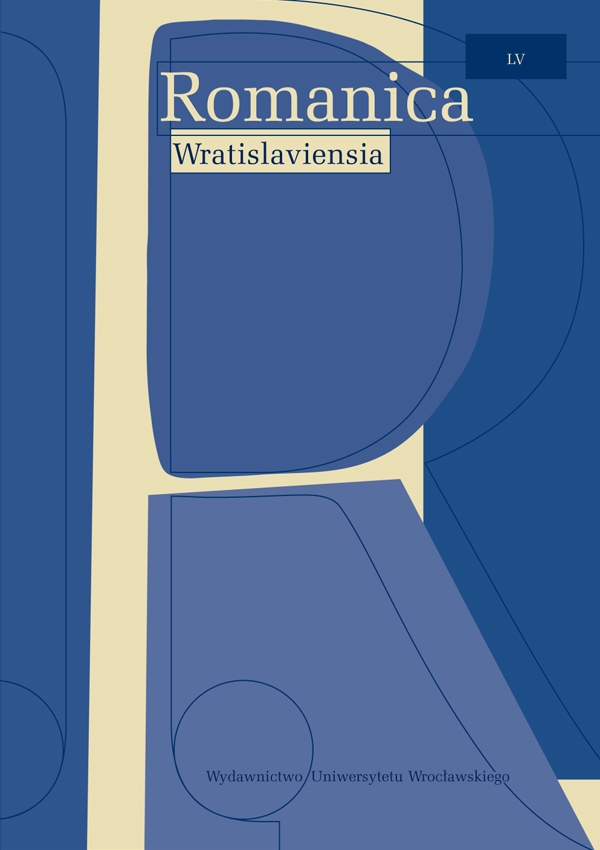

Articles

ADAPTATION – A DISTINCTIVE FEATURE OF THE 18th CENTURY POLISH COMEDY IN A COLLECTION OF DRAMAS BY WOJCIECH BOGUSŁAWSKI
The author analyses the phenomenon of adaptations of comedies, which has been developed in the Polish theatre of the Enlightenment period and lasted until the middle of the 19th century, or even later. Among the political and cultural circumstances of the phenomenon, considerable attention is drawn to the specific situation and role of the Polish national scene in the reign of Stanisław August and after Poland lost its independence, as well as Stanisław August’s influence. The idea has been highlighted of a repertoire and its provider working as a translator, an adaptor and an author. The participation of each of these writing roles in the creation of a particular work depended mostly on the genre. Comedy was particularly susceptible of adaptation due to the elements of everyday life consisted in it and, in consequence, the demand of its being up-to-date, combined with weaker literacy than it was in the case of tragedy and its close relations with the stage. For instance, Szkoła obmowy [The School for Scandal] adapted from Sheridan, the work selected from exceptional in the Polish dramaturgy collection Dzieła dramatyczne [Dramatic Works] by Wojciech Bogusławski, is an outstanding artistic achievement and a border point of the practice of adaptation. Reading it with key, carried out after reading beyond contexts and context reading, extracts the political sense of art, hidden beneath the social comedy, and allows to see adaptation as an Aesop veil used in defence against censorship.